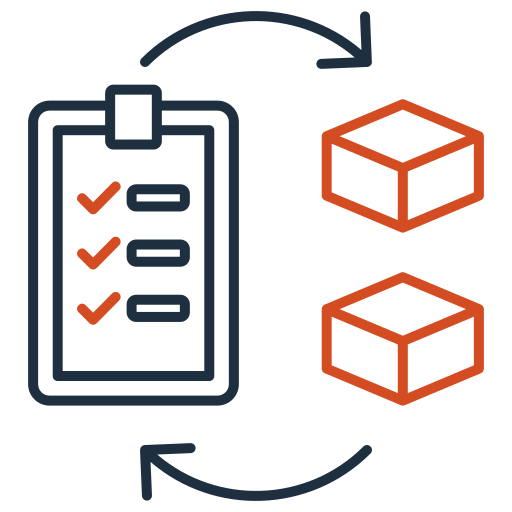Voucher Management
Optimizing jewelry business operations requires effective Voucher Management. This system encompasses Sales and Purchase tracking, Customer and Vendor relations, Stock View management, meticulous Accounts and Ledger entries, Party Balance maintenance, precise Cost Calculations, user access control, vigilant System Administration, and stringent Controls.














.png)
